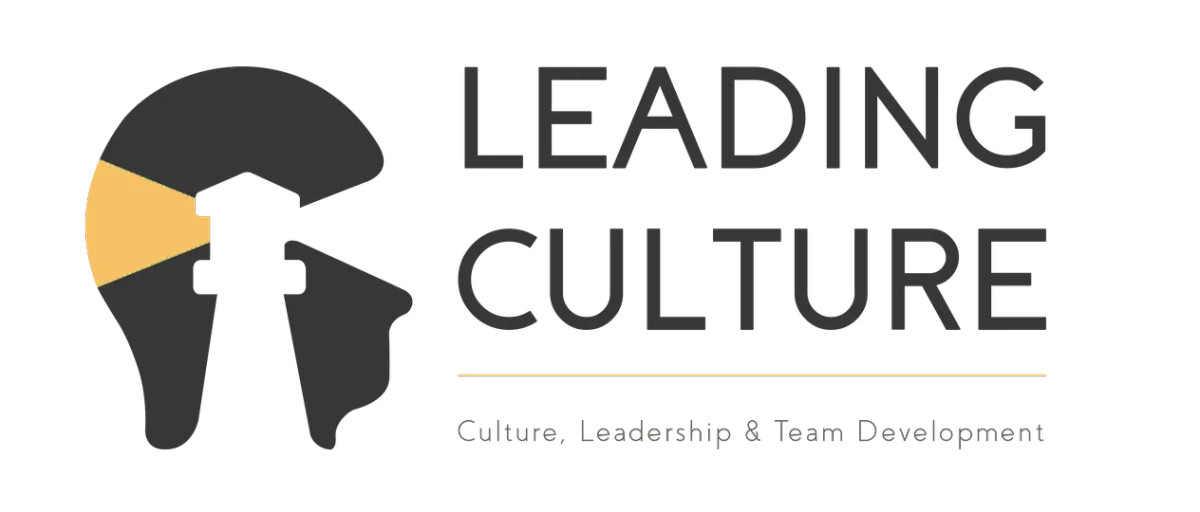
Culture Is A Numbers Game
I don't mind admitting that is an ex accountant numbers are my jam. Many people ask me how I moved from Accounting to working in the field of organizational culture.
Some of you may have heard the story.
I was working as a Management Accountant for a manufacturing organization who wanted to implement a Continuous Improvement (TQM, now known as Lean) framework into the company.
My role was to lead the implementation and work with every team across the site and help them identify areas of improvement, waste that could be minimized and overall improvements to their processes by providing the numbers and process knowledge.
Up until then had been famous for saying "give me a profit and loss and a balance sheet and I'll tell you what's wrong with this business".
During this implementation project I discovered that whilst numbers were important the power was absolutely with people. I learned that people controlled the numbers not the other way around.
Take it from an ex-accountant; Culture is a numbers game!
Despite continuous arguments that culture comes from the top, leaders set the tone etc, I see evidence to the contrary.
When it comes to culture the numbers have it.
Take for example an organization I worked with who's leadership had a very clear direction in expectation of the culture, yet the reality was something totally different.
The leaders had decided they wanted a particular type of culture but the staff liked the old way, the way the culture had always been and so reverted back to the norm and resisted any type of change.
Alternatively, take the example of an organisation who has done no work on their culture.
Does it mean they are void of culture? No! They have a culture, but it may not be one that is working for them.
So, if culture is a numbers game and leaders are the minority how does an organization transform its culture?
The leader’s role is to inspire the workforce to transform the culture.
They can do this by appealing to personal motivation (the WIFFM) or they could follow a change framework like ADKAR and focus particularly on the awareness and desire steps in the process.
I don't deny that leaders have a role and a responsibility to shape the culture but the evidence suggests that leaders don't get to set the culture.


